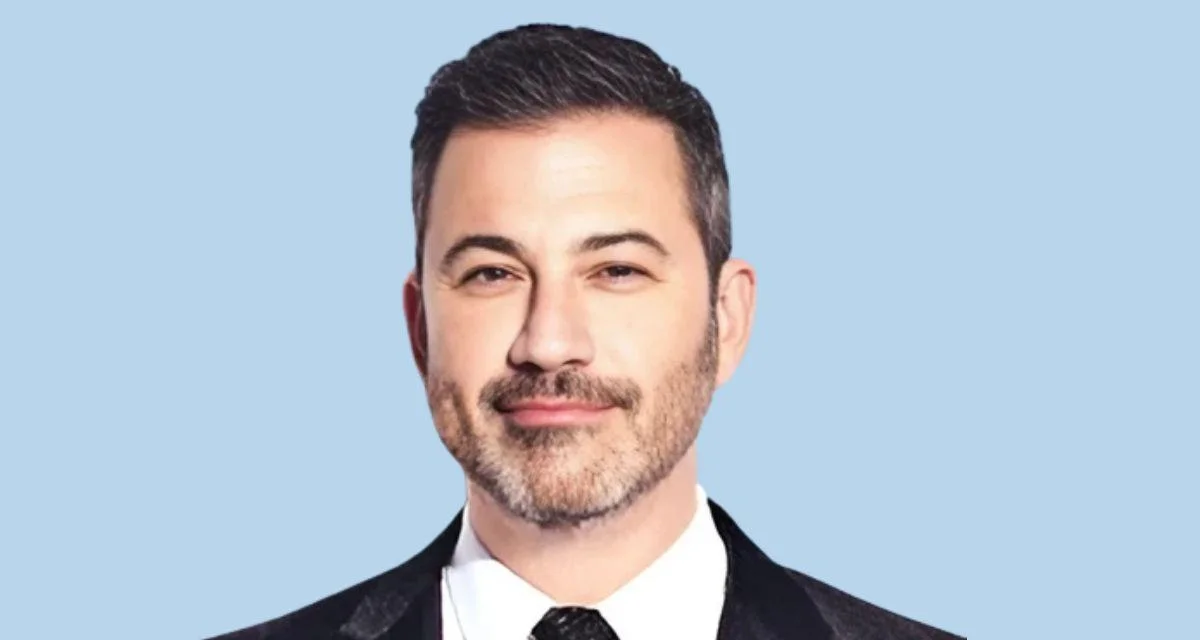Jimmy Kimmel, American television host and comedian | Official Website
Jimmy Kimmel, American television host and comedian | Official Website
ABC has announced that Jimmy Kimmel will return to his late-night show on Tuesday after facing criticism for comments he made about the killing of conservative activist Charlie Kirk. The decision follows a period of suspension and public debate.
Marcus Collins, a clinical assistant marketing professor at the University of Michigan’s Ross School of Business, commented on the situation. He described the events as “a testament to the power of cultural consumption as a combatant to the sway of the political bully pulpit.”
Collins further explained: “While legal experts and talking heads debated the validity and constitutionality of Federal Communications Commission Chairman Brendan Carr’s decision to seemingly pressure media broadcasters to silence Kimmel, the populace took action. They voted with their wallets, canceling subscriptions and encouraging other like-minded people within their network to follow suit as a demonstrative expression of their shared beliefs.
“In a world where hot takes, social media views, and online clicks pass for modern protest, consumption will always win the day when we consider our contemporary conception of capitalism. Political affiliations and religious subscriptions might fuel our attempts at virtue signaling, but the loss of revenue continues to be the most influential driver to change corporate behavior. See the 1955 bus boycotts of Montgomery, Alabama, for a historical reference.
“While discourse and public dissent are useful means for cultural consensus, cultural consumption is what ultimately moves the needle.”
The controversy surrounding Kimmel’s suspension highlights how audience actions such as subscription cancellations can impact corporate decisions in response to political or social disputes.






 Alerts Sign-up
Alerts Sign-up